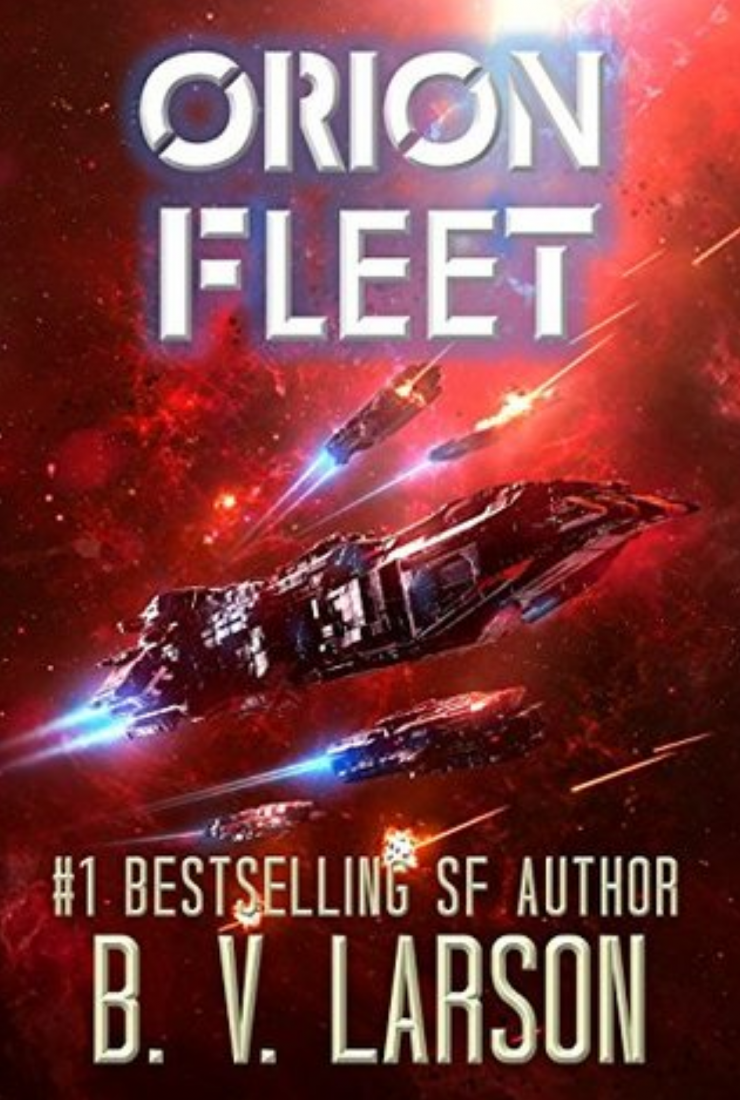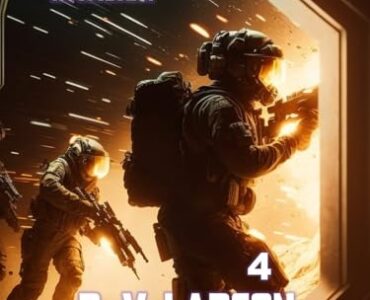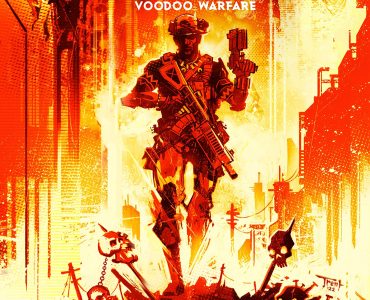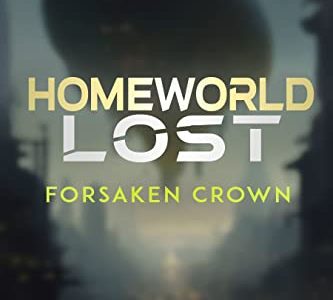Pros
- With the background story and introductions out of the way, this book is a little more exciting than the first book
- A lot of action and intrigue in the story
- We learn a lot more about the history between various aliens in this book, including the Imperials
- Interesting story arc involving Godwin
Cons
- The solution to the issue seems a bit contrived like the resolution in the first book with the hacking
- Characters like Dr. Abram seem too static
I enjoyed this book a lot more than the previous one, which I felt started off a little too slow. Rebel Fleet establishes the story, taking its time to build up the characters and structure the universe.
As a result, Orion Fleet is able to expand on the aliens and the universe without having to take time to build readers up.
Plot
Admiral Fex orders Captain Ursahn and Leo Blake to take out the Imperial Hunter, a planet-destroying ship. Fex knows that it’s impossible for two ships to complete the mission, but he wants to eliminate both Ursahn and Blake for challenging him.
Meanwhile, back on Earth, Godwin is manipulating Blake and others toward some unknown goal.
Characters
This time around, Earth joins the intergalactic fleet to fight off the Imperial’s new planet-destroying weapon.
Leo Blake and his team of ragtag team of modified humans rejoin the Rebel Kher and defend Earth from destruction.
Captain Ursahn, Dr. Abrams, and a few other highly-placed officials like Fex make an appearance.
Setting
The story takes place in the space in the Milky Way galaxy, primarily the Orion spur.
Orion Fleet Review
Orion Fleet manages to give readers a more complex picture of the universe and the relationships among the aliens fighting against the Imperials.
The ship that Earth brings into the fight this time around is a phase ship. The rebels view the ship as almost cowardly because of their own code of warfare and honor. As a result of the cloaked ships, the Rebels have a very low opinion of humans.
This low opinion, combined with Earth’s status as a backwater world, makes Blake’s mission to stop the Imperial planet killer that much more difficult. How can two ships stop a superior, modern, automated planet killer?
I wrote in another review how much Blake resembled McGill from Undying Mercenaries.
The comparison still rings true in this book since both characters find solutions to the problems through sheer dumb luck. There’s no real strategy, planning, or skill involved in Blake’s exploits, so he just appears to be the luckiest person in the galaxy whenever he manages to escape or solve a problem. That’s the one aspect of this series so far that is weak: the use of deus ex machina is a bit too obvious here.
Still, I found the story enjoyable and the action scenes written in an exciting manner. The writing and the story are both fun, and this is one of those books (and series) that you can read and enjoy without having to work too hard to comprehend. Readers who enjoyed the Undying Mercenaries series will still enjoy this series. You’ll find more of the same, just a bit different. You’ll know what I mean if you’ve read both series.
Another criticism I have about the book is that the characters seem to be too stiff. Take Dr. Abrams, for instance. He has an annoyingly superior attitude that doesn’t change throughout the entire book. His disregard of superiors and haughty attitude are fun at first, but they later just drag down the entire interaction between characters, especially with Blake.
You’d think that after some success, Abrams would fall in line and pay attention, especially when Earth’s existence is on the line. Yet he fights Blake at every turn. By the middle of the book, I just grew exhausted of Abrams’ attitude and dialogue, and I came to dread any scene that involved him. I just knew there’d be a few paragraphs of his complaints before the story continued.
In particular, I enjoyed the Godwin story arc. Godwin’s motives seem unclear and mysterious throughout the book, and his contradictory statements leave readers confused as to what’s going on. Is he Earth’s ally or what’s his end game? The unknown faction that Godwin represents makes the story very interesting, and I look forward to learning more about this story arc.
By the end of the book, we see some changes with Blake. He advances in rank, and this advancement is a sign of progress and movement in the series. I imagine he’ll continue to advance, leading to more interesting encounters and space battles. But if he’s like other characters written by Larson, then I don’t expect much in terms of character development.
Read a review of other books in the Rebel Fleet series.



